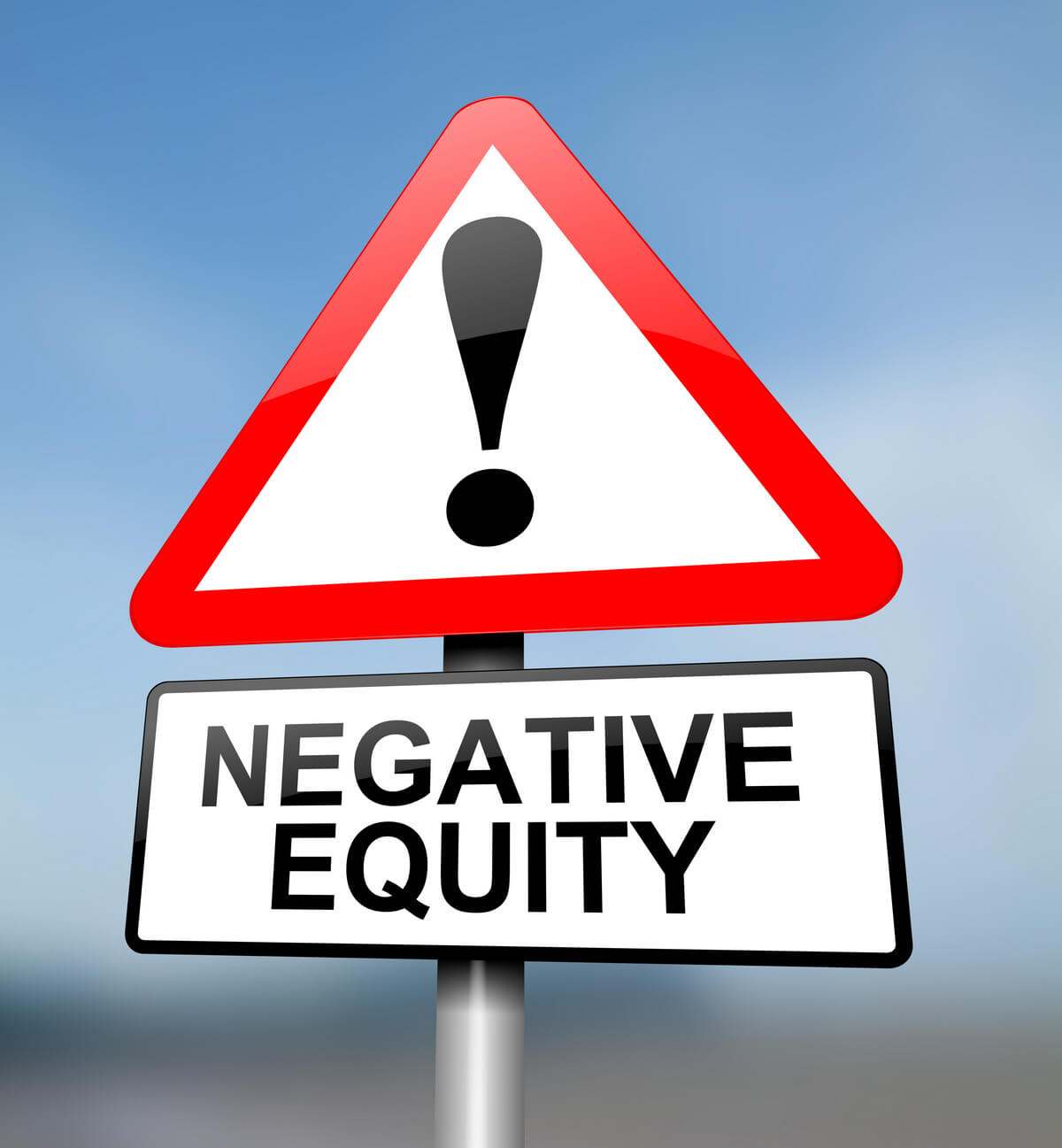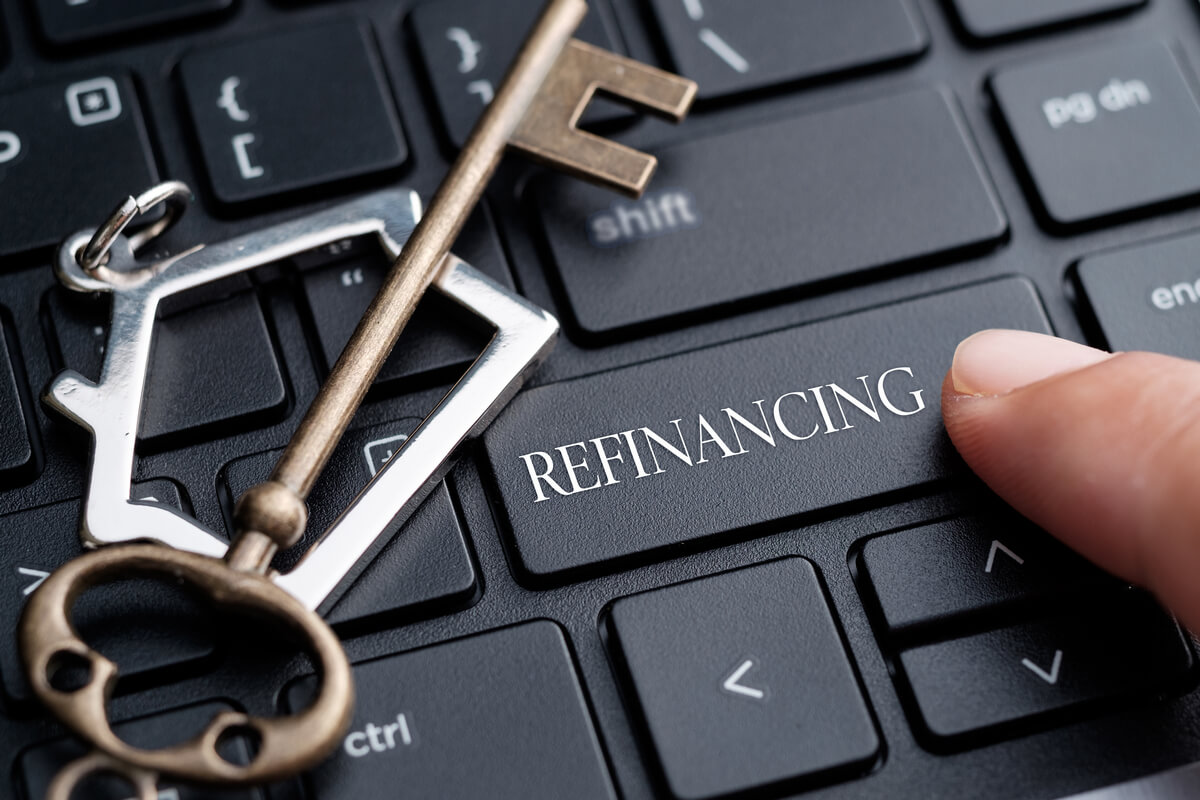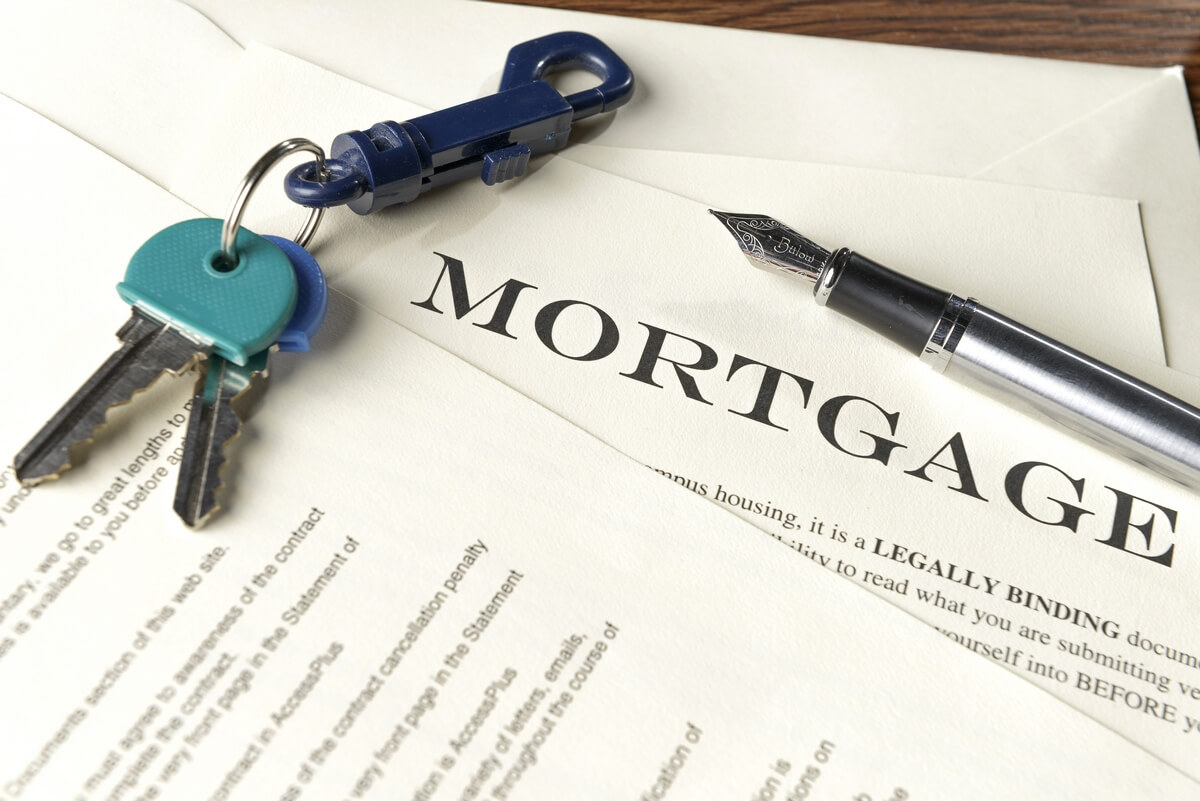A home is most people’s largest asset, but the value of any property can fluctuate significantly. It’s impossible to predict the future of the real estate market, and your home’s value may take a sudden downward turn after you buy it.
Although it should recover and increase in value over time, this creates a problem if you want to sell it soon. You might be underwater on your mortgage, which means you owe more on the home than you can sell it for.
Having negative equity in your home can be stressful. You may feel trapped in the house even if you want to sell it, or you may feel like the mortgage payments have gone to waste. If you’re in this situation, don’t panic. There are always options, but the key to handling the problem is being patient and careful.

What Causes Negative Equity?
There are many reasons why you could end up underwater on your mortgage. The most common is making too small a down payment. That level of risk is the reason why you’re required to buy mortgage insurance if your down payment is less than 20 percent.
When your mortgage is almost as large as the home’s value, it’s fairly likely that the loan will exceed the value of the property if the market fluctuates downward within the first few years of ownership. Unfortunately, mortgage insurance protects the lender, not the borrower, from this problem.
Missing payments may lead to negative equity along with other issues. In your first couple years of owning your home, most of your monthly mortgage payments go toward interest. When you miss a payment, that interest will accumulate even more interest, which could push the loan amount over the value of the home.
You might also get negative equity if you take out a second mortgage or a home equity line of credit (HELOC). Although these loans can seem like a good option to cover a major or unexpected expense, they could result in becoming underwater if you don’t have much equity in your home.

Increasing Your Equity in the Home
When you realize that you’re underwater on your mortgage, you may feel nervous and overwhelmed. Sometimes, though, reversing the situation isn’t too hard. If your mortgage is only a couple years old, you might have negative equity because so much of your payments go toward interest.
In this situation, try to do everything in your power to squeeze extra money out of your budget. Consider working an additional job for a year or selling whatever you can to increase your income. By making a larger monthly payment on your mortgage, you can reduce the amount of interest that accumulates and make more progress on the principal of the loan.
Working to build more equity also allows you to stay in the home and wait it out. Fluctuations in the real estate market generally correct themselves within a few years, so your negative equity might reverse if you simply wait.
When you’re underwater on your mortgage, you won’t actually lose money unless you sell the home for a loss. If you expect the home values in your neighborhood to rise, patience may be the most important factor.

Refinancing When Underwater
Traditional refinancing is usually only an option when you have equity in your home. Lenders almost always have a loan-to-value requirement, so being underwater removes your ability to refinance. However, there are a couple refinancing programs intended for homeowners who have negative equity in their property.
One option is the Freddie Mac Enhanced Relief Refinance program, which allows you to reduce your interest rate or change its structure. This program is available for homeowners with a Freddie Mac loan who are current on their loan payments, meaning they haven’t missed a payment in the last year. The Freddie Mac refinancing option is a replacement for the HARP refinancing program, so you’ll only qualify if you did not use HARP to refinance in the past.
If you have a Fannie Mae loan, you may qualify for the High Loan-to-Value Refinance Option, or HIRO. Like the Freddie Mac program, this option allows you to change your loan terms or interest terms when you’re underwater on your mortgage. To qualify for HIRO, you must be current on payments, and the Note Date must be on or after October 1, 2017.
Refinancing can be a good option if you’re committed to staying in your home. If interest rates are lower now than they were when your mortgage originated, you’ll save a significant amount of money in interest payments.
However, in some cases, reducing your interest rate won’t be enough to keep up with your mortgage payments. If you have a lot of other debt or are struggling to make your monthly payments even with the reduced interest, staying in the home might be financially risky.

Selling When Underwater
If your negative equity feels like a massive financial burden, selling the home may be the answer. Maybe the mortgage payments take up too much of your monthly income, or maybe you’re nervous about the home declining in value in the future. Regardless of the reason, if you’re tired of being underwater and want to be out of this situation, consider putting your home on the market.
You can only sell your home when underwater if you have the cash to cover the difference between the sale price and the mortgage balance. You’ll need to cover the closing costs and fees, too. When you’re underwater on the loan, it might be difficult to come up with this money.
You may need to work overtime or take a second job, sell valuable items around your house, and reduce your budget as much as possible. It may not be easy, but it will allow you to cut ties with your mortgage and walk away from the stressful situation without debt hanging over your head.
If you can’t make up the difference but need to sell your home, your only option is a short sale. This is an agreement between the lender and the borrower to sell your home for less than you owe. First, you’ll have to prove to the lender that you cannot keep up with the monthly payments.
You’ll negotiate the terms of the sale with the prospective buyer, but the lender will ultimately take the lead on the sale. Short sales take much longer than average to close, so you should only take this route if you have no other choices.
Owing more than your home is worth can be messy and frustrating, but you’re not hopeless. You might need to increase your monthly payments for a year or two, or you might need to save up the funds to pay the difference.
Everyone’s financial and personal circumstances are different, so you have to look at your own situation to determine the best course of action. Speak with a financial advisor or real estate professional as well to get an unbiased opinion on the matter.

